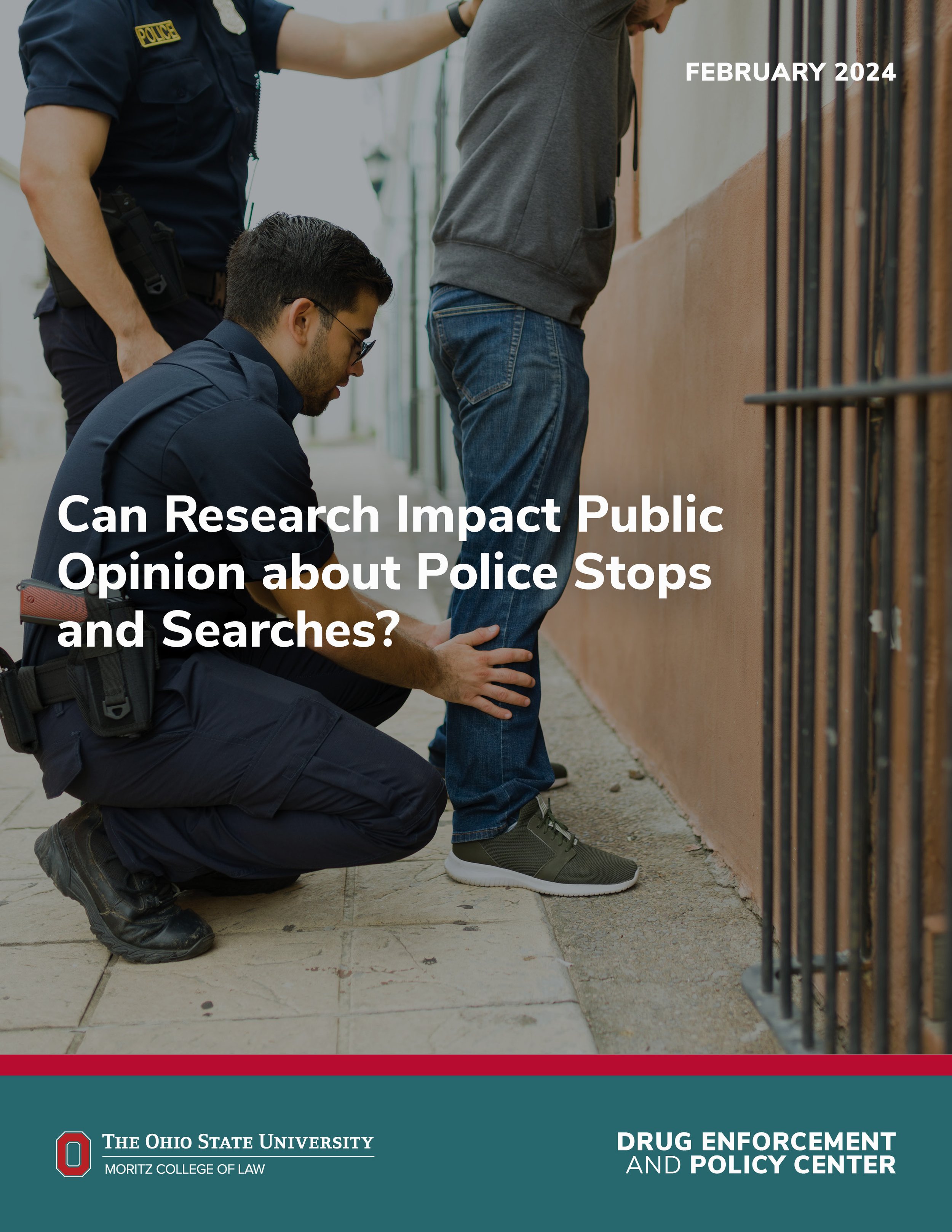By Jocelyn J. Bélanger, N. Pontus Leander, Maximilian Agostini, Jannis Kreienkamp, Wolfgang Stroebe
This research examines the notion of defensive gun ownership using the Dualistic Model of Passion. We hypothesized that an obsessive (vs. harmonious)passion for guns would be associated with a belief in a dangerous world (BDW).We expected this relationship to intensify in threatening contexts, leading to a more expansive view on defensive gun ownership. We tested this hypothesis across three threat contexts: a gun‐control message (Study 1,N= 342), a live shooting simulation (Study 2,N= 398), and the aftermath of the Christchurch mass shootings (Study 3,N= 314). In the experimental Study 1, exposure to a gun‐control message increased the intention to purchase guns among those with an obsessive passion (OP) for guns. Study 2 revealed that BDW mediated the relationship between OP and assertive modes of protection, the desire to purchase high‐stopping‐power guns, and anti‐Black racial bias in a shooting task. Study 3 showed that knowledge of the Christchurch attack intensified thelink between OP and BDW, leading to increased support for gun access, willingness to act as a citizen‐protector, and prejudice against Muslims.Comprehending these dynamics can assist policymakers incrafting messaging campaigns for firearm regulation and public safety measures that are more effective.
Aggressive Behavior, Volume 50, Issue 3. May 2024, 17pg



